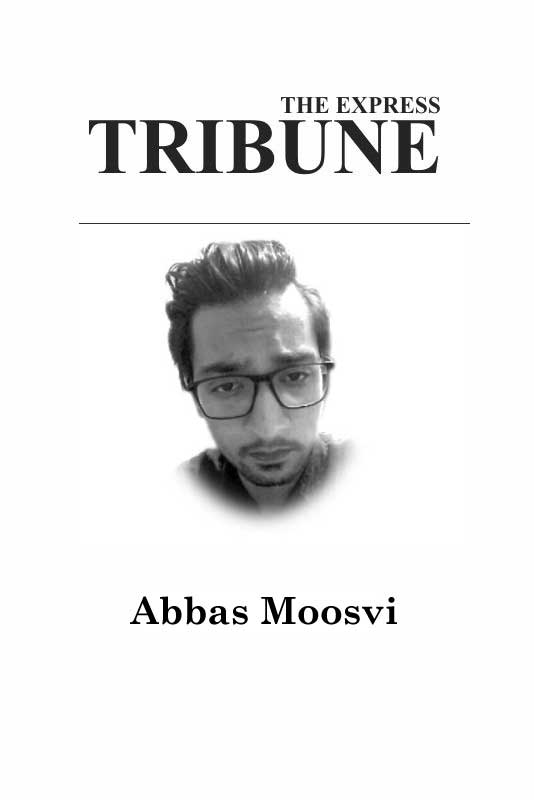Pakistan’s stranglehold on artistic expression
Over the past several months, the Pakistan Institute of Development Economics has been conducting focus group discussions with stakeholders from across the artistic spectrum – including film, dance, music, comedy, literature and community centres – to ascertain the state of creative industries in the country. With each subsequent engagement, however, it has become increasingly apparent that the landscape is restrictive, unappreciative and, in some cases, outright dangerous. In the absence of joy and wonder, we forfeit the possibility of any meaningful prosperity.
Art has historically served crucial purposes, including as a tool to challenge the status quo and bring definition to societal norms and values by captivating audiences, allowing them to let loose and forget about their troubles for a while. This is even more important in a country like Pakistan where economic vulnerability and poor governance have stripped citizens of any sense of hope and stability.
Quality art is never a definitive answer, but rather a question mark, serving to provoke, resist and challenge. In Pakistan, this is made virtually impossible by the toxic culture of censorship that gives people the licence to harass, intimidate and silence those that undermine the status quo. This is especially pronounced when performing in a physical capacity. Performers have to make do with infrastructure not meant for their specific style of art, like in cafes, and perform to captive audiences.
This creates a general aura of hostility and dismissiveness, and artists must forego a significant chunk of their earnings to the venue – sometimes even having to pay a fee simply to access the space. Performing in open-air public zones is also not an option due to Pakistan’s urban landscapes being fundamentally anti-citizen: with little to no walking spaces.
With a dearth of revenue streams, artists are compelled to collaborate with corporations and/or foreign donors which assist them in making ends meet, but invariably restrict their creative freedoms. Performers must toe the line, make themselves ‘presentable’ and promote products they would never use themselves. The ones that aren’t able to make the ‘cut’ for these, frequently based on factors that have little to do with talent, are forced to work soul-sucking office jobs. New digital media channels have created alternative possibilities, although one’s audiences must necessarily be in the hundreds of thousands for these avenues to be financially sustainable. Naturally this works against emerging artists. When it comes to organising shows and festivals, artists must navigate a complex and time consuming bureaucracy that presents them with a host of hurdles – whether through bribery, taxation, paperwork or security checks.
Shockingly, virtually all these ‘requirements’ are arbitrary, shifting and morphing at a pace that is difficult to keep up with. Most artists are thus advised to employ formal teams to deal with legal and logistical procedures – something that multiplies their expenses, making it difficult to compensate performers. Governance is also absent in the industry. There are no overarching authorities to facilitate artists and grant them resources, subsidise their activities, facilitate the acquisition of equipment, or simply bring them under one umbrella. The ones that do exist function as fraternities, choosing to collaborate with ‘household names’. In other countries, governments fund artists for international festivals and conferences, contributing to the accumulation of soft power at a political level.
They grant them jobs in state institutions and plan events in remote areas in order to expand outreach and unite the nation under a shared love of transcendence. On an existential level, art triggers a sense of inquisitiveness in its beholders: expanding their imaginative capacities and inviting them to dream of a better world.
If societal flourishment is represented by a tree reaching the Heavens, art is the intricate system of roots underneath, symbolising the collective unconscious, extending to Hell. In Pakistan, artists are stopped in their tracks before they can even begin.
Published in The Express Tribune, December 26 , 2021. Newspaper Link




